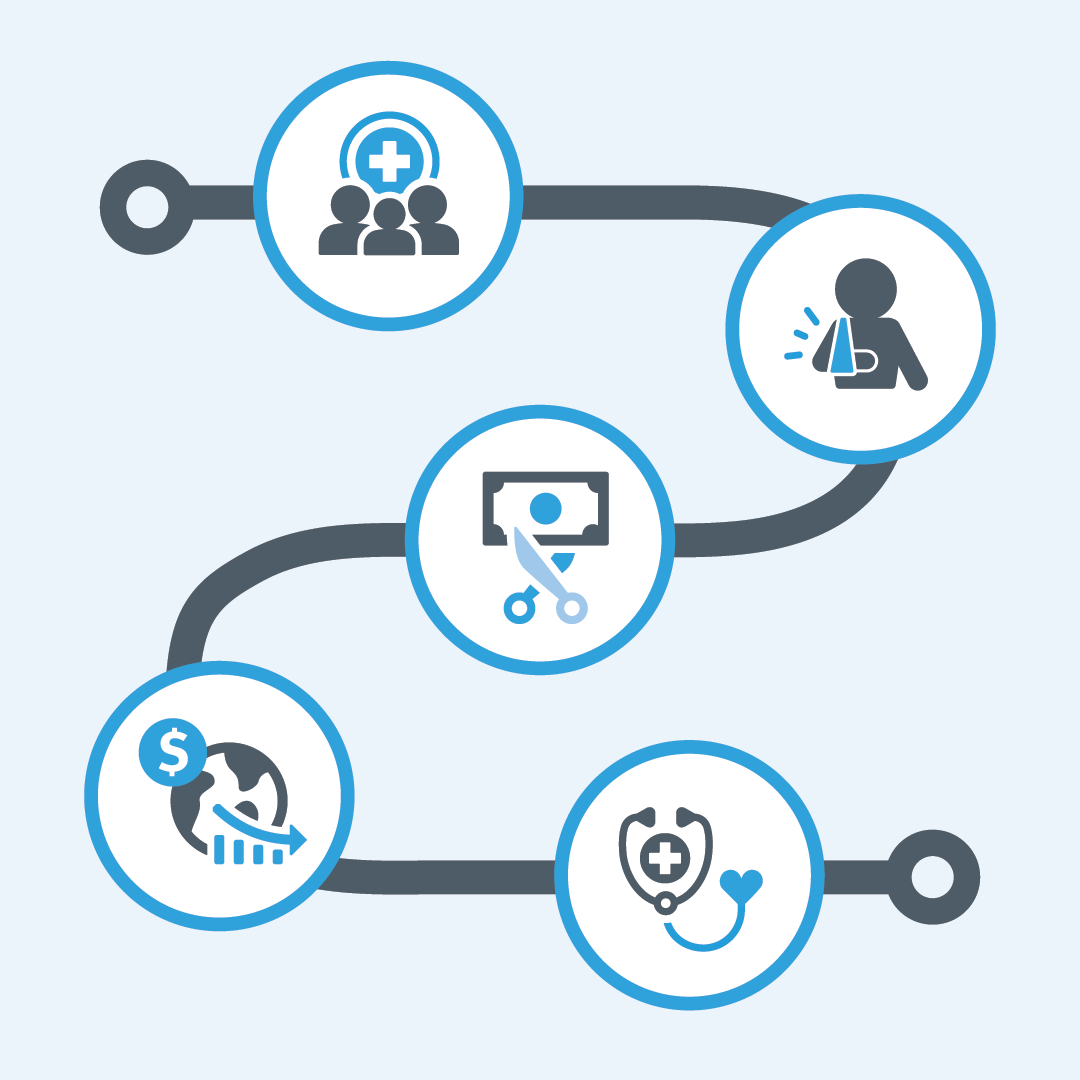
CMS Rejects Ohio’s Request for Harsh Policies in Its Medicaid Program
09.15.2016
Last week, CMS rejected Ohio’s request to make significant changes to its Medicaid program. With this decision, CMS is making it clear that policies that make it harder for the lowest-income people in the program to get health care are inconsistent with the goals of Medicaid. The decision also defined some boundaries regarding what is and is not appropriate for approval through the Medicaid waiver process.
Ohio sought changes to its Medicaid program that hit people with the lowest incomes the hardest
If CMS had approved the state’s Section 1115 waiver, it would have allowed Ohio to erect barriers to access to care for Ohio’s lowest-income Medicaid enrollees.
Ohio’s request was extremely punitive compared to other state waivers previously approved by CMS that include premiums, such as Indiana’s and Montana’s. Ohio had requested to:
- Charge premiums to all non-disabled Medicaid adults aged 18-64, except for pregnant women, regardless of income, this included and extended beyond those eligible through the state’s Medicaid expansion.
- Remove people from the program if they did not pay the premiums (aka “non-payment disenrollment penalty”)
- Require people to pay all the premiums they owed before they could be re-enrolled in coverage
In its denial letter, CMS focused on Ohio’s request to add premiums, disenrollment penalties for non-payment, and program lock-outs to its Medicaid program. These measures would have made Medicaid coverage inaccessible for the lowest-income enrollees who lack the resources to meet these stringent requirements. The state’s own estimates attested to the devastating impact the proposals would have had on low-income Ohioans.
CMS’s decision signals there are limits to changes it will accept in Medicaid expansions
CMS has not allowed any state to remove enrollees with incomes below poverty from coverage as punishment for non-payment of premiums. In Indiana, the only state in which CMS has approved anything similar, enrollees below poverty who do not pay their premiums are shifted to a lesser benefit program; they do not lose their coverage.
With this rejection of Ohio’s waiver, CMS has signaled that there are limits to the types of changes to the Medicaid program that it will agree to in Section 1115 waivers. Visit our interactive 50-state map to see what other states are doing with their 1115 waivers.
And importantly, CMS has underscored its commitment to ensuring that the Medicaid program provides the lowest income Americans with real access to care.
Medicaid is working in Ohio. Over 600,000 Ohioans have gained access to healthcare through the state’s decision to expand coverage and CMS’ decision helps to ensure that they, and other adults covered through the states traditional Medicaid program, will continue to be able to access the care they need.




